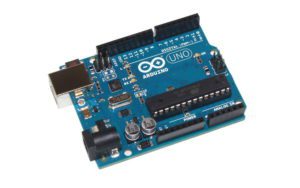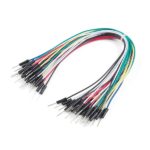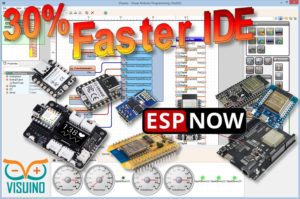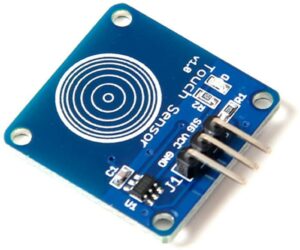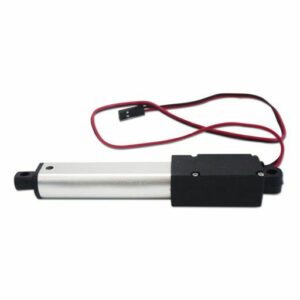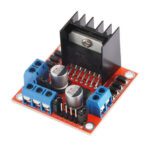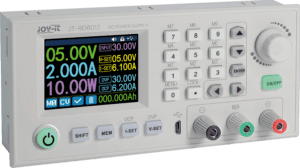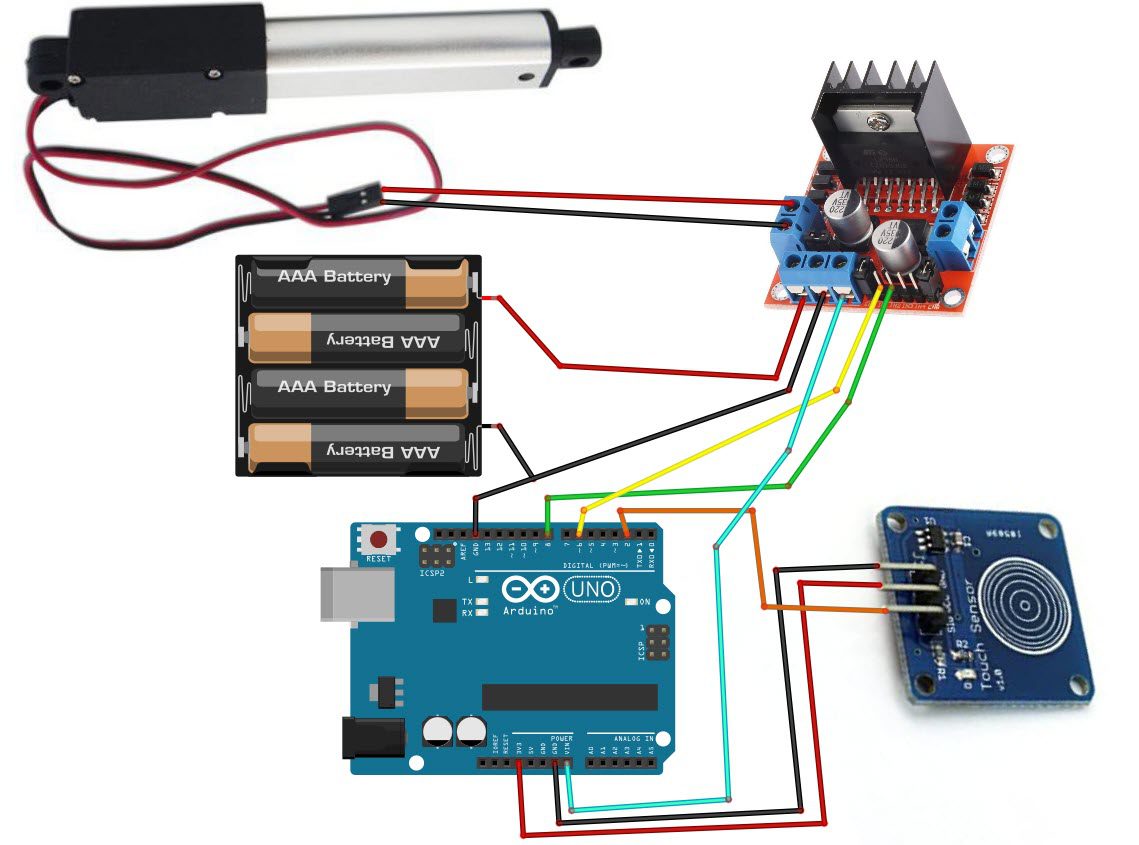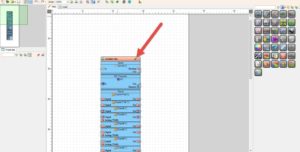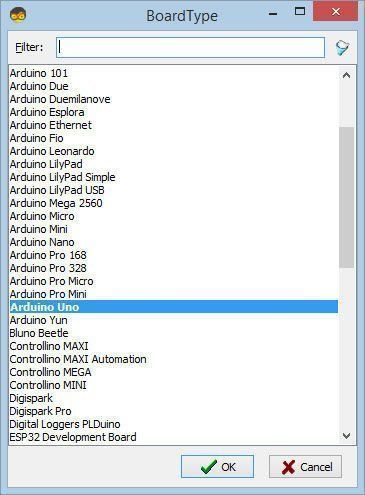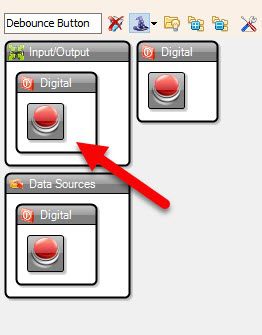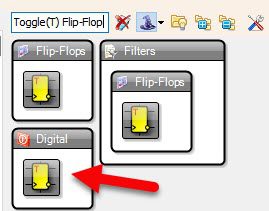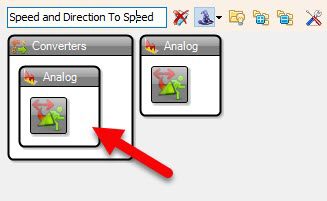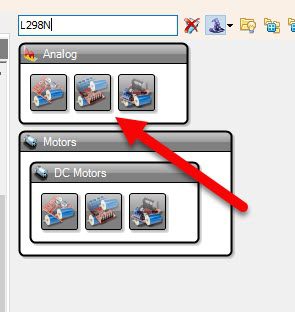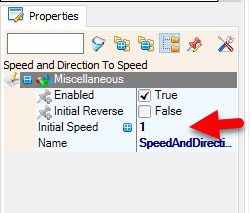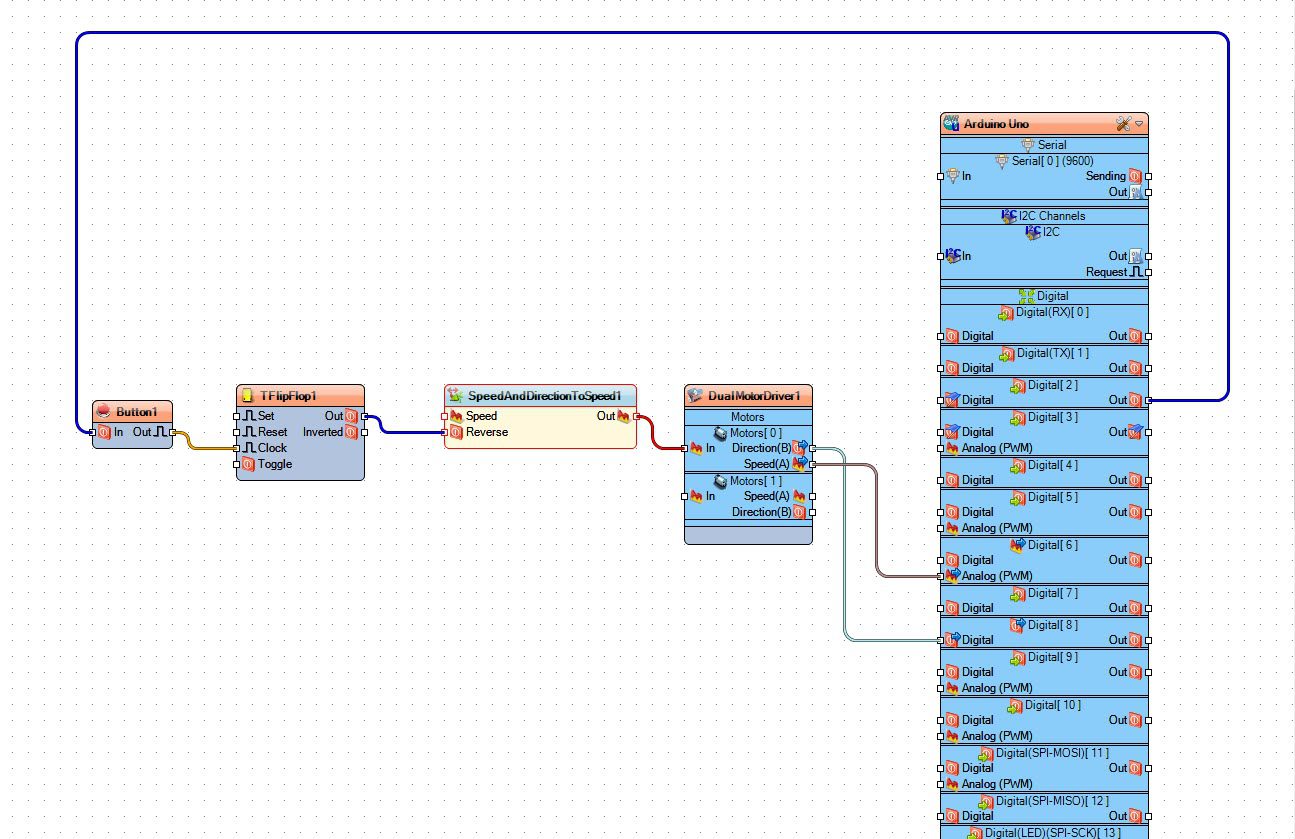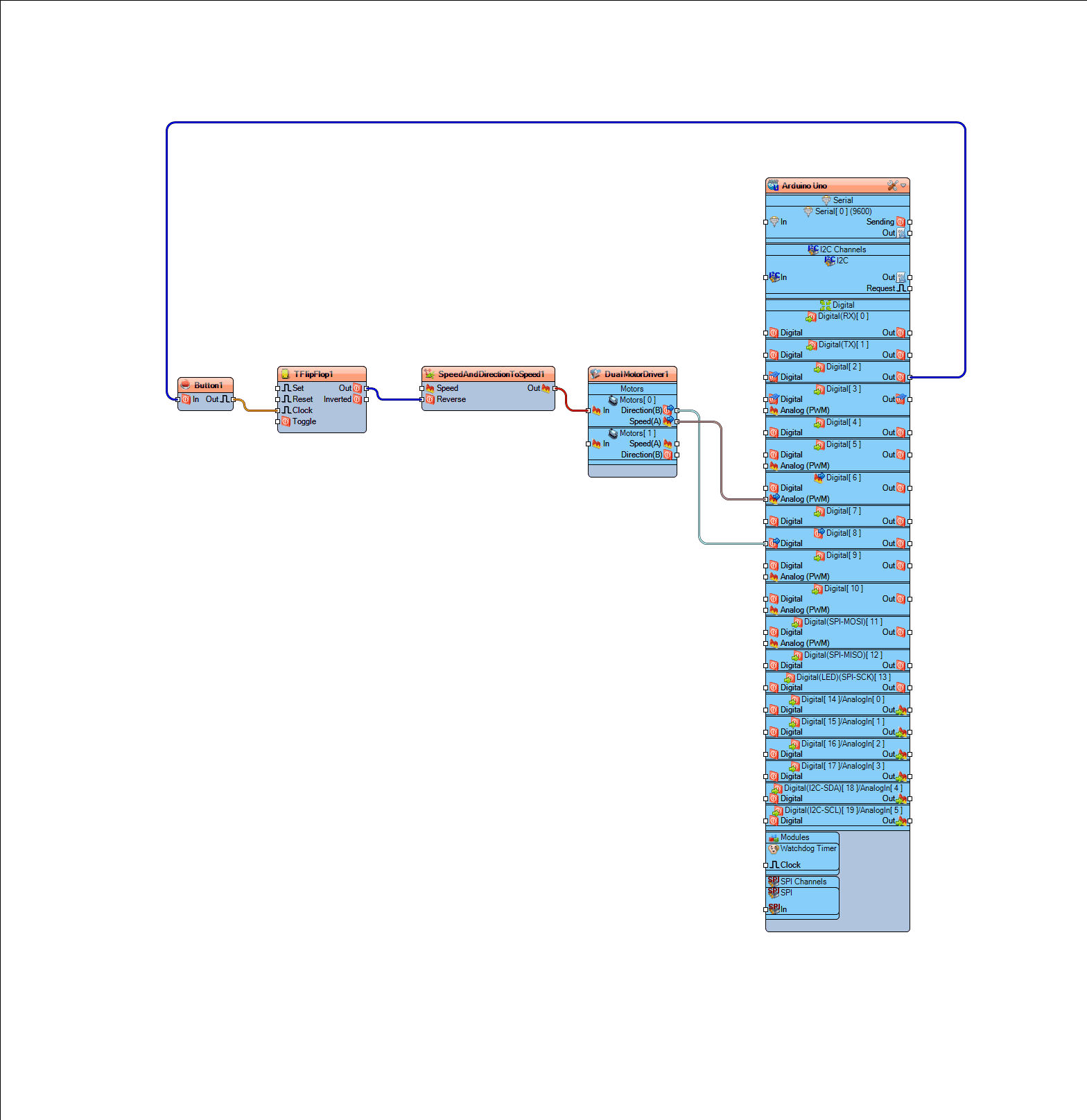In this Project we will learn how easy it is to control a Linear Actuator with Arduino using a Capacitive touch button and Visuino.
Watch the Video!
Step 1: What You Will Need
- Arduino UNO (Or any other Arduino)
- Linear Actuator
- LN298N DC Motor Driver
- Capacitive Touch button
- Jumper wires
- Power Supply
- Visuino program: Download Visuino
Step 2: The Circuit
- Connect Power supply (batteries) pin (gnd) to motor driver controler pin (gnd)
- Connect Power supply (batteries) pin (+) to motor driver controler pin (+)
- Connect Power supply (batteries) pin (+) to Arduino pin (VIN)
- Connect GND from Arduino to motor driver controler pin (gnd)
- Connect digital pin(6) from Arduino to motor driver pin (IN1)
- Connect digital pin(8) from Arduino to motor driver pin (IN2)
- Connect Linear Actuator to the motor driver as you can see on the schematic
- Connect Capacitive Touch button pin (SIG) to Arduino digital pin (2)
- Connect Capacitive Touch button pin (VCC) to Arduino pin (5V)
- Connect Capacitive Touch button pin (GND) to Arduino pin (GND)
Step 3: Start Visuino, and Select the Arduino UNO Board Type
The Visuino: https://www.visuino.com also needs to be installed. Download Free version or register for a Free Trial.
Start Visuino as shown in the first picture Click on the “Tools” button on the Arduino component (Picture 1) in Visuino When the dialog appears, select “Arduino UNO” as shown on Picture 2
Step 4: In Visuino Add Components
- Add “Debounce Button” component
- Add “Toggle(T) Flip-Flop” component
- Add “Speed and Direction To Speed” component
- Add “L298N” component
Step 5: In Visuino Set Components
- Select “SpeedAndDirectionToSpeed1” and in the properties window set “Initial Speed” to 1
Step 6: In Visuino Connect Components
- Connect Arduino digital pin [2] to “Button1” pin [In]
- Connect “Button1” pin [Out] to “TFlipFlop1” pin [Clock]
- Connect “TFlipFlop1” pin [Out] to “SpeedAndDirectionToSpeed1” pin [Reversed]
- Connect “SpeedAndDirectionToSpeed1” pin [Out] to “DualMotorDriver1” > Motors [0] Pin [In]
- Connect “”DualMotorDriver1” > Motors [0] Pin [Direction]” to Arduino digital pin[8]
- Connect “”DualMotorDriver1” > Motors [0] Pin [Speed]” to Arduino digital pin Analog PWM[6]
Step 7: Generate, Compile, and Upload the Arduino Code
In Visuino, at the bottom click on the “Build” Tab, make sure the correct port is selected, then click on the “Compile/Build and Upload” button.
Step 8: Play
Congratulations! You have completed your project with Visuino. Also attached is the Visuino project, that I created for this Instructable, you can download it here and open it in Visuino:

